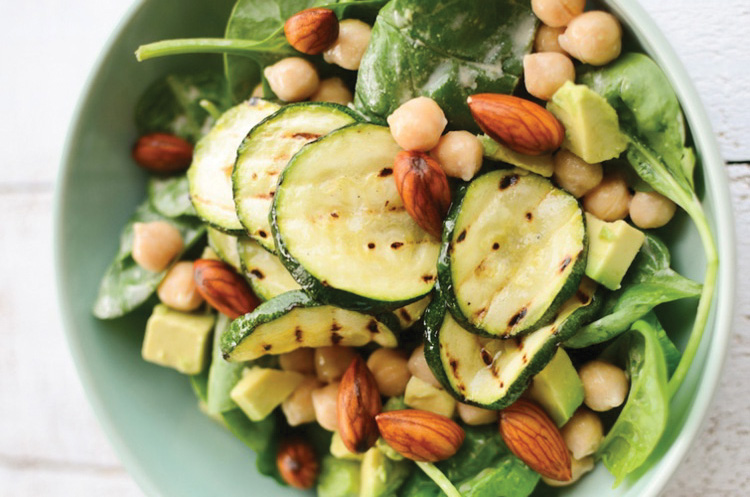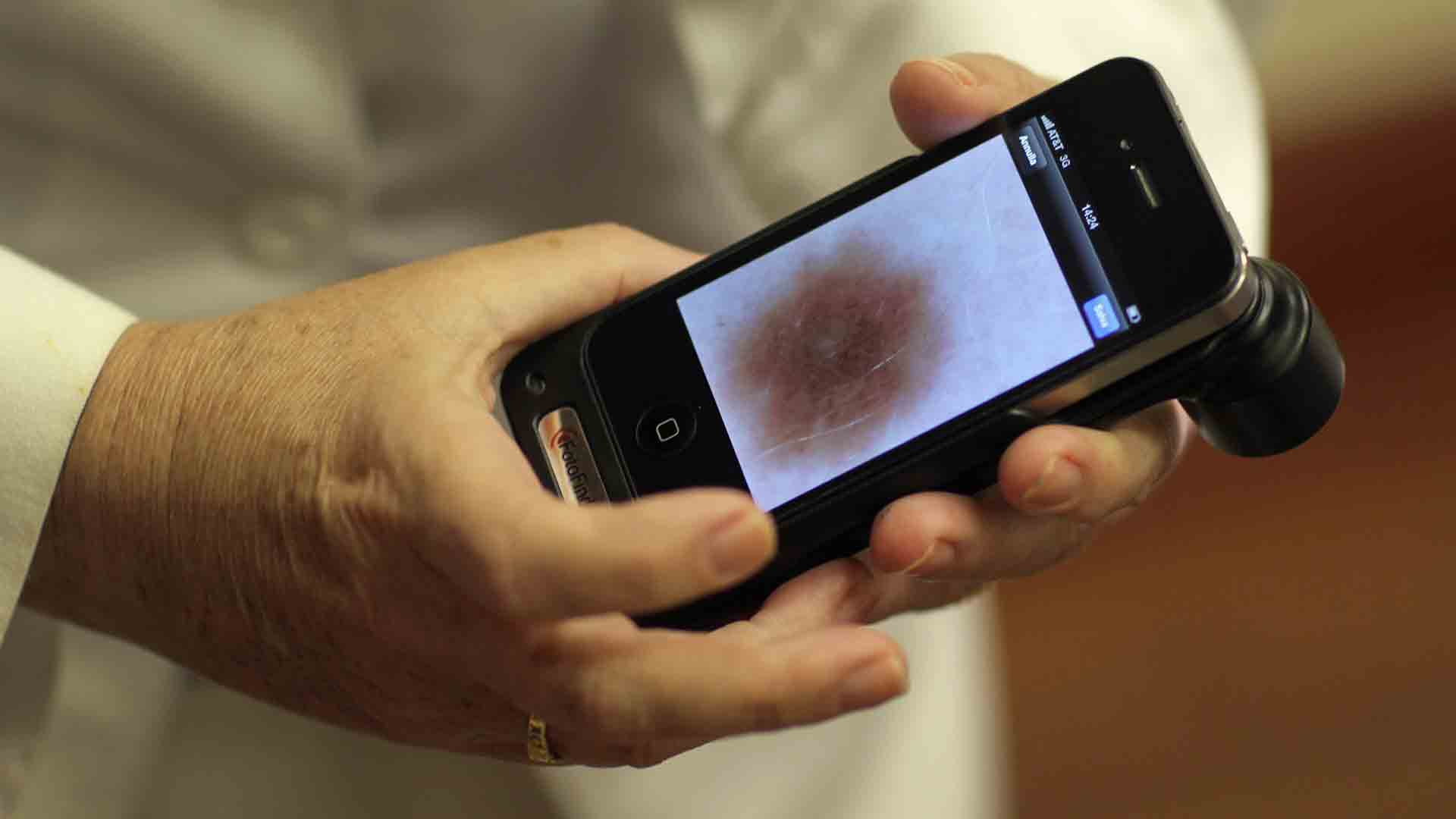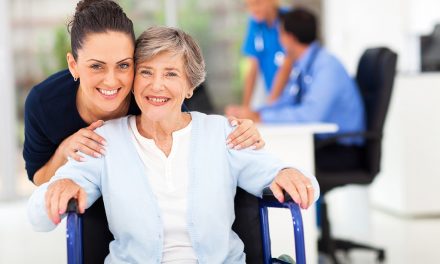Clean eaters are taking over many Instagram newsfeeds, but health professional say this might not be a good thing.
Lindy Olsen, editor of Clean Eating magazine, is, as the title of the magazine suggests, a self-professed “clean eater”. For those who aren’t up to date on diet jargon, the concept of clean eating, according to Lindy, is all about eating food in its most natural state possible.
This means, “no preservatives, no fillers, no packers, removing all of those things that have been added to our food over the last ten to fifteen years”.
For Lindy this means eating a mix of protein, complex carbohydrates, vegetables and good fats at almost every meal.
However, she did not always eat the balanced diet she now swears by. “I was on every single diet before I learnt how to eat properly. I did everything; low carb, high carb, high fat, no fat, high protein, I did the lot,” she says.
It wasn’t until she traded in her strict calorie restricted diet plans for a more holistic approach to eating; that she started to both feel and look good.
Although Lindy has been eating like this for 12 years now, more recently the concept of clean eating has gained a massive social media following, as a result of diets like the Ashley Bine’s ‘Bikini Body Challenge’ and Tosca Reno’s ‘Eat Clean Diet’.
“There are a lot of people now getting behind the clean eating movement. I see clean eating challenges, I see clean eating recipes, everyone’s jumping on the bandwagon,” says Lindy.
Just type in ‘#cleaneating’ on Instagram and you will be greeted with hundreds of keen users sharing their personal clean eating journeys with their wide fan bases. These users document everything from their gym regimes to new recipes they have created.
Coconut covered mocha protein balls, chia seed oatmeal, banana walnut protein pancakes or acai berry bowls are just a few of the recipes shared daily by these users.
However health professionals have expressed concerns that due to its popularity on social media, the clean eating movement is snowballing away from the health focused ideology on which it was originally based.
Nicole Senior is an accredited practicing nutritionist and author of ‘Food Myths’, a book which aims to get to the root of commonly held misconceptions about food.
Senior agrees that there is absolutely nothing wrong with eating a wholesome varied diet with very little that has been processed. However she says that people are developing a disproportionate aversion to additives in food that don’t line up with scientific facts.
“People try to avoid them like the plague but in fact they’re safe for most people,” she says.
She is also concerned that individuals who outwardly advocate for a particular way of eating via social media could be doing so in order to mask an underlying eating problem.
“Unfortunately a lot of these people following this kind of lifestyle are women and we know that following a restricted diet can be a rouse for disordered eating, because it’s not cool to have an eating disorder, but it could be cool to be a clean eater or raw foodist,” she says.
One of the biggest challenges facing clean eating advocate, Lindy Olsen, at the moment is ensuring that people are going to the right sources for information. She encourages people to avoid looking to the “clean eating social media queens and gurus” and to instead seek information from health professionals.
“I think the consumers need to be very aware that the sources on social media are not necessarily always the most credible,” she says.
A professor in the school of psychology at Flinders University, Tracey Wade, has done extensive research into triggers for eating disorders. She says spreading a way of eating so widely on social media can be dangerous as it reaches the most vulnerable members of society.
While this won’t have an impact on everybody, it has the potential to trigger a much more strict diet in some individuals.
“It leads to people becoming much more obsessed with everything they’re putting into their mouth, and those are the kinds of things that can lead to eating disorders.”
Ultimately, Professor Wade warned people against letting a way of eating come to define their lifestyle.
“As soon as you start to equate food with your identity and who you stand for, I think you’re placing too much importance on food and that’s what leads to possible problems.”












